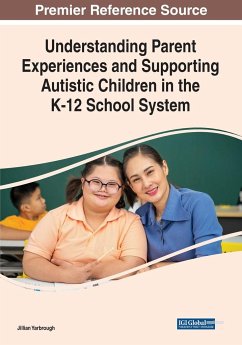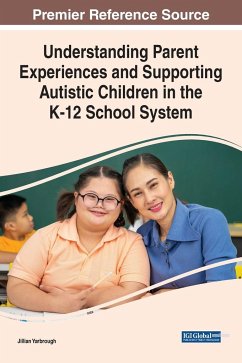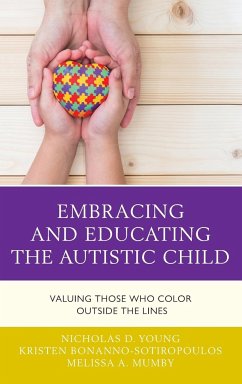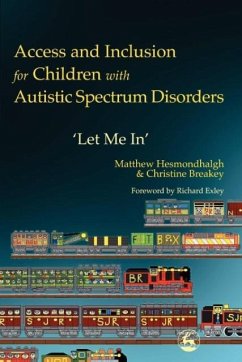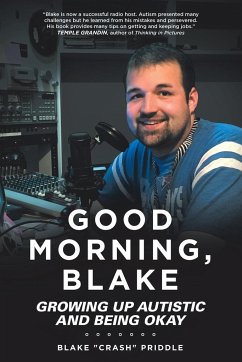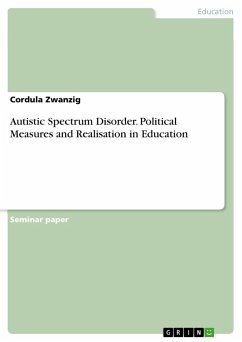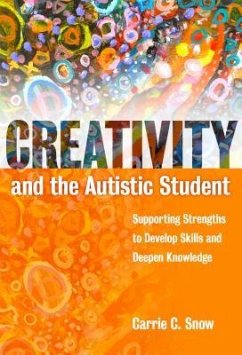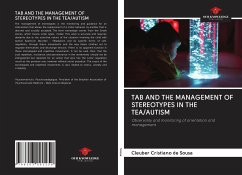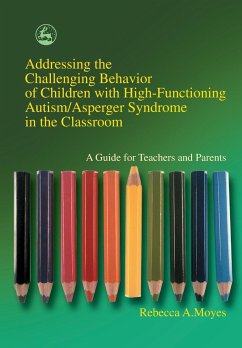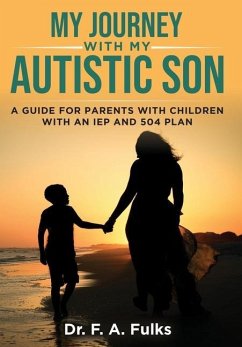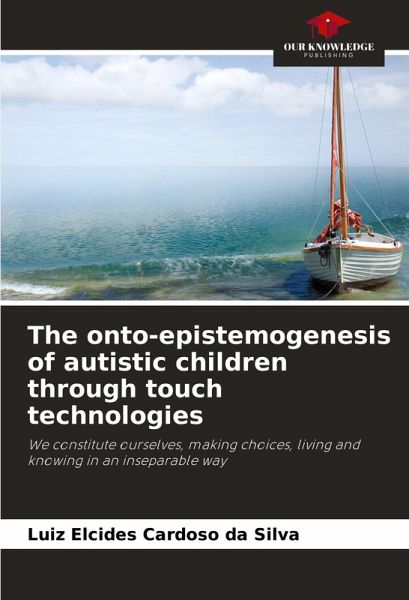
The onto-epistemogenesis of autistic children through touch technologies
We constitute ourselves, making choices, living and knowing in an inseparable way
Versandkostenfrei!
Versandfertig in 6-10 Tagen
41,99 €
inkl. MwSt.

PAYBACK Punkte
21 °P sammeln!
Studying autism from a paradigm that brings together what has been separated by science allows us to think about practices without prerequisites, about actions where the autistic child is seen first and foremost as a subject, as a child, who has the power to learn, desires and needs. This research focused on the onto-epistemogenesis of three autistic children, triggered through the use of touch technologies in challenging environments. Ontoepistemogenesis is the process of complexification of a subject who, when coupled with their environment, is transformed in an integral way with repercussio...
Studying autism from a paradigm that brings together what has been separated by science allows us to think about practices without prerequisites, about actions where the autistic child is seen first and foremost as a subject, as a child, who has the power to learn, desires and needs. This research focused on the onto-epistemogenesis of three autistic children, triggered through the use of touch technologies in challenging environments. Ontoepistemogenesis is the process of complexification of a subject who, when coupled with their environment, is transformed in an integral way with repercussions on all dimensions of their being. Based theoretically on the assumptions of the complexity paradigm, Maturana and Varela's Biology of Cognition theory and Henri Atlan's principle of learning through noise, we sought to understand the cognition/subjectivation process of these subjects. The approach to autism in this research was based on neuroscience studies into neuroplasticity. The challenging environment proposed emerges through the use of games on the iPad, as well as in the interventions and approaches made while the children interact with the equipment and the environment.





